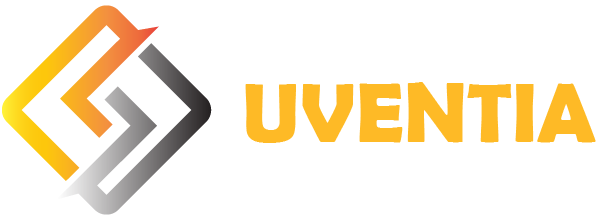
Susanne Glowienke
Head Impurity Safety

Dr. Susanne Glowienke graduated at the University of Stuttgart-Hohenheim, Germany, in Food Chemistry/Technology. She then undertook research in the area of analytical chemistry and obtained her PhD degree from the Faculty of Food Technology (Cereal Chemistry) in 1997 at the same university. She joined Novartis, Basel, Switzerland, in 2000 as a postdoc in the area of Q(SAR) for toxicological endpoints. Susanne was working as a lab head for bacterial mutagenesis in Genetic Toxicology, Preclinical Safety and is responsible for the QSAR predictions and impurity/excipient assessments at Novartis. Currently, Susanne is a Director in Preclinical Safety at Novartis, Basel, Switzerland. She held several positions at Novartis including positions in Genetic Toxicology and QSAR modelling. She is currently head of the Impurity Safety group and as such responsible for contaminant issues including nitrosamines. Susanne is part and has led a number of industry expert groups within DruSafe IQ (US), European Federation of Pharmaceutical Industries and Associations (EFPIA), the Extractables and Leachables Safety Information Exchange (ELSIE) and several data sharing initiatives.
DAY 2: DECEMBER 1st, 2023
SESSION: In silico evaluations to assess mutagenicity of impurities
◆ QSAR approaches to detect structural alerts.
◆ Read-across approaches to assess prediction results.
◆ In vivo/in vitro genotoxicity studies assessing genotoxicity.
DAY 2: DECEMBER 2nd, 2022
SESSION: In silico methods to determine genotoxic impuritie
◆ In silico evaluation in relation to ICH M7.
◆ Best techniques for in-silico hazard assessment.
◆ Managing contradictory outcomes.
◆ Methods for improving predictive systems.






